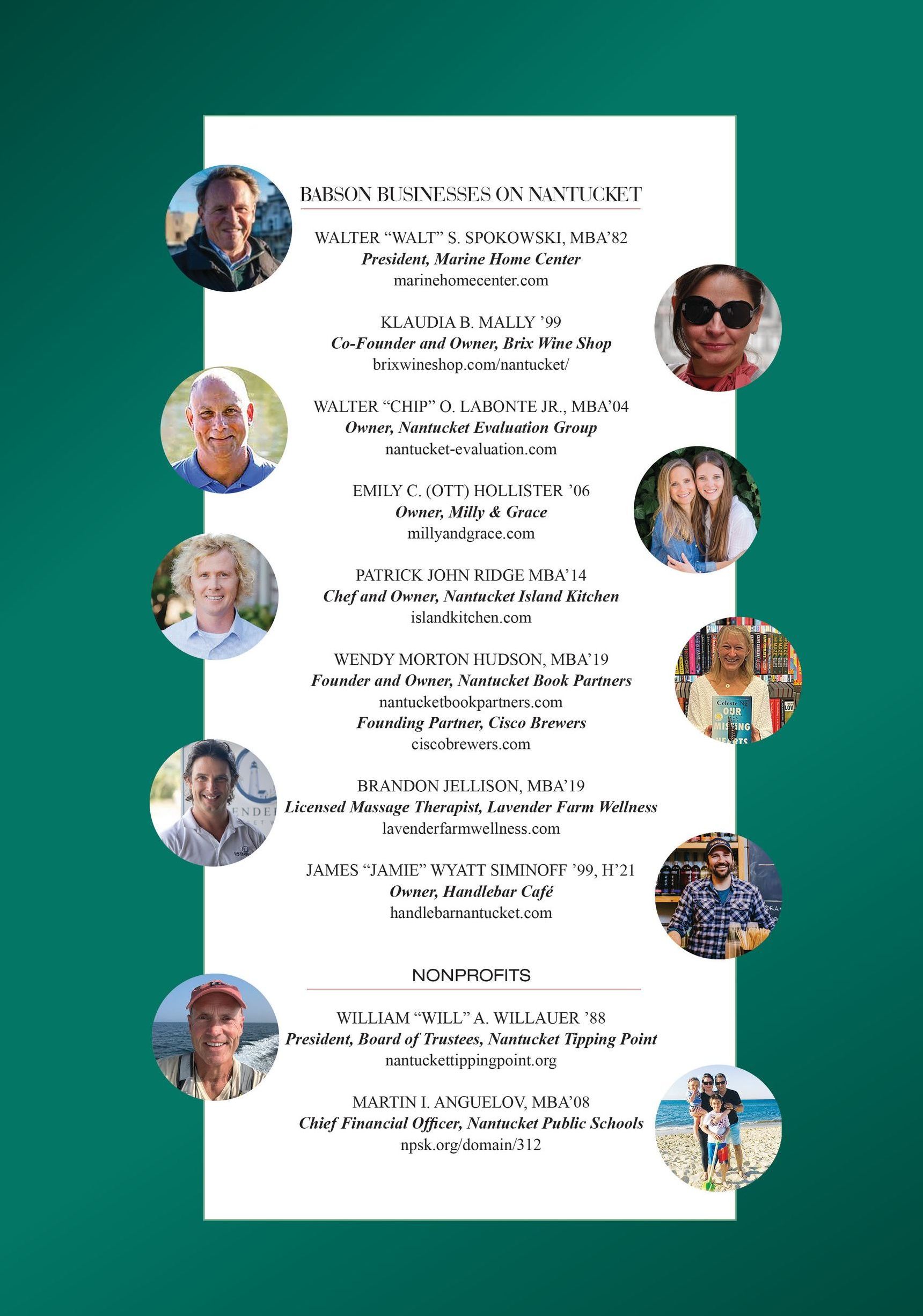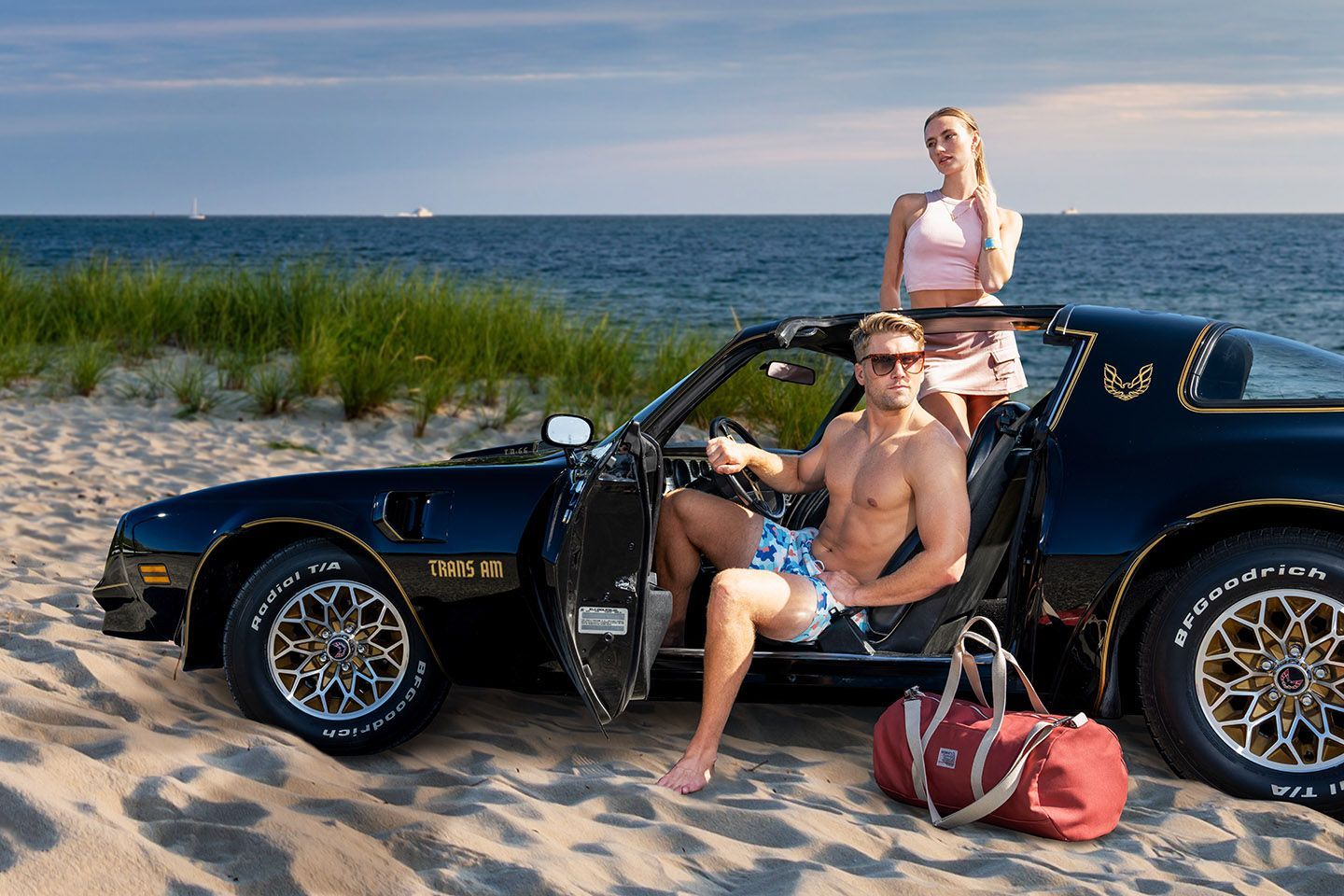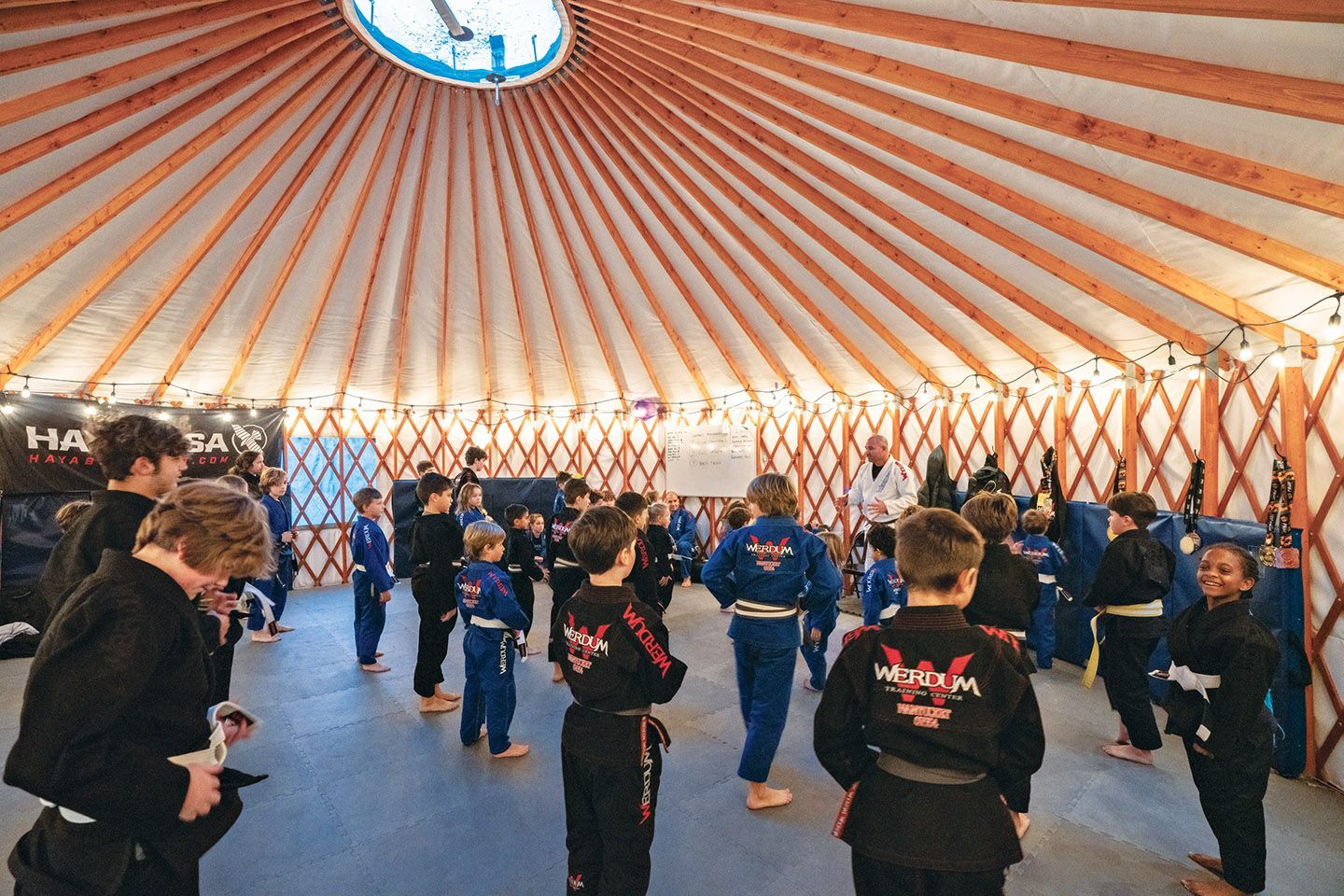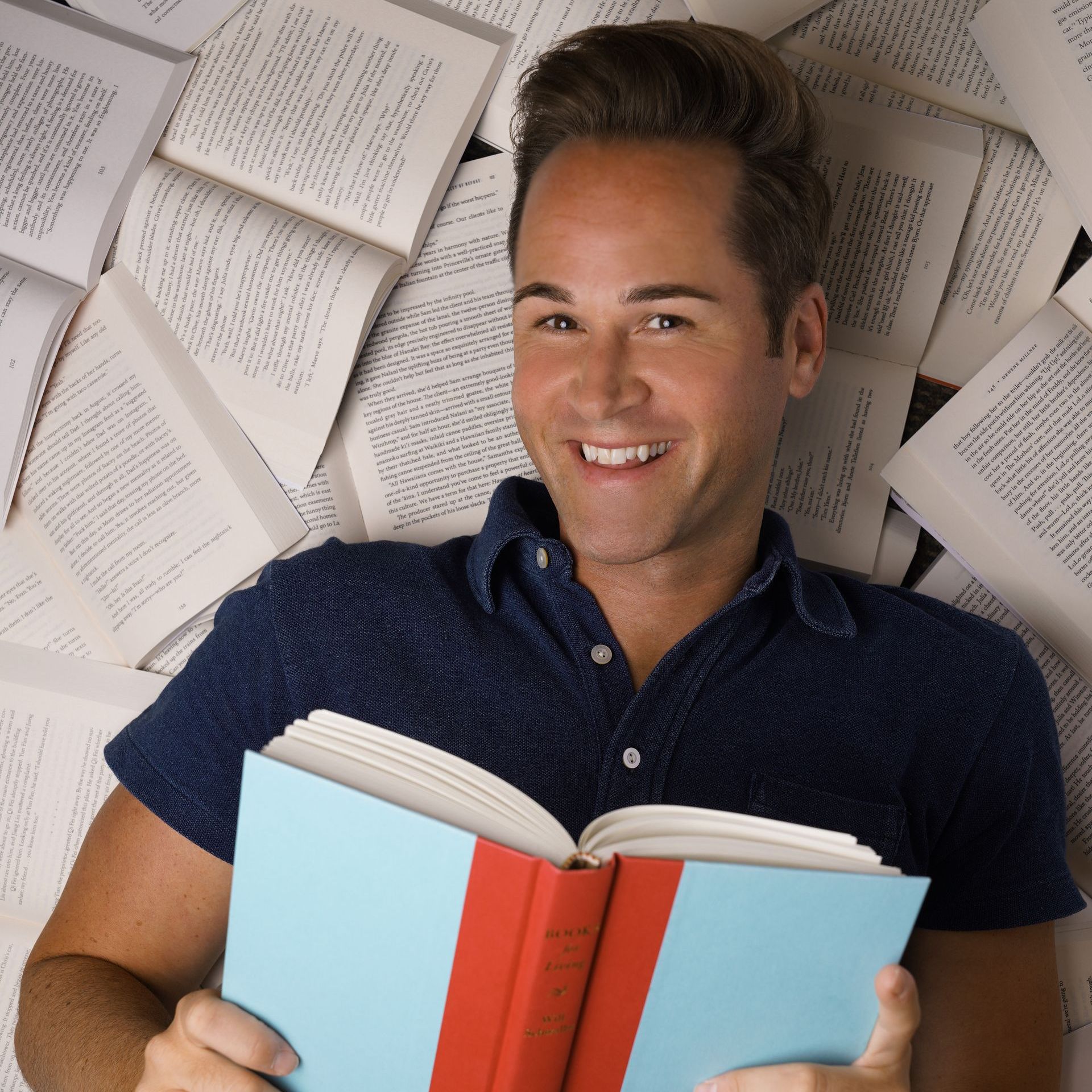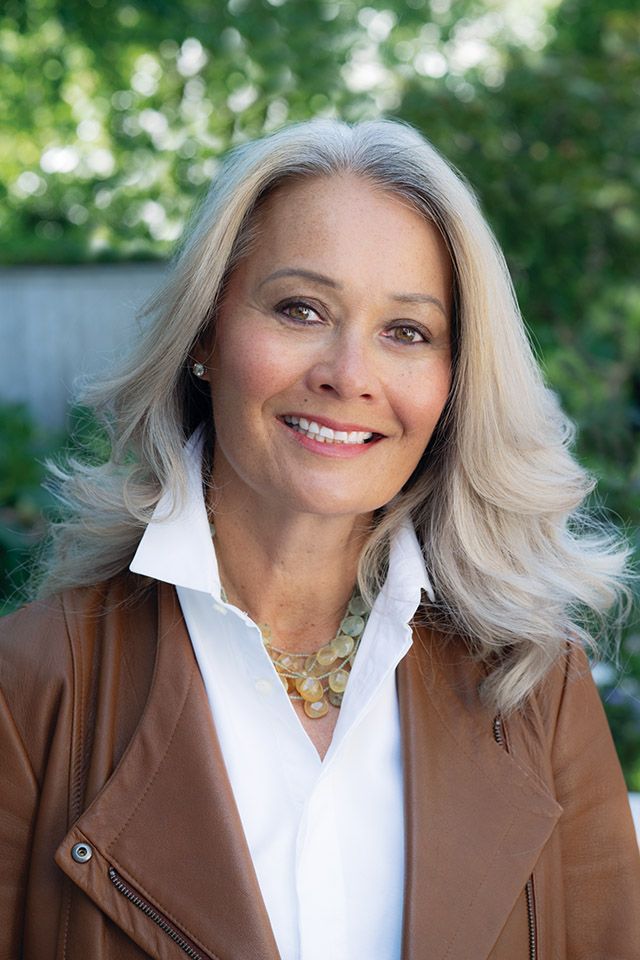TOP OF THE CLASS
Babson College President Stephen Spinelli on Entrepreneurship and Success Factors.
As the 14th president of Babson College, Stephen Spinelli began his career as a founder of Jiffy Lube, which established him as an entrepreneurial success story. Spinelli parlayed his Jiffy Lube experience into additional investment opportunities; however, his passion for teaching became his primary focus and ultimately led him to the presidency of Babson College—recently ranked among the top 10 colleges in America by the
Wall Street Journal.
N Magazine sat down with Spinelli to talk about his life lessons and Babson’s role in creating business leaders.
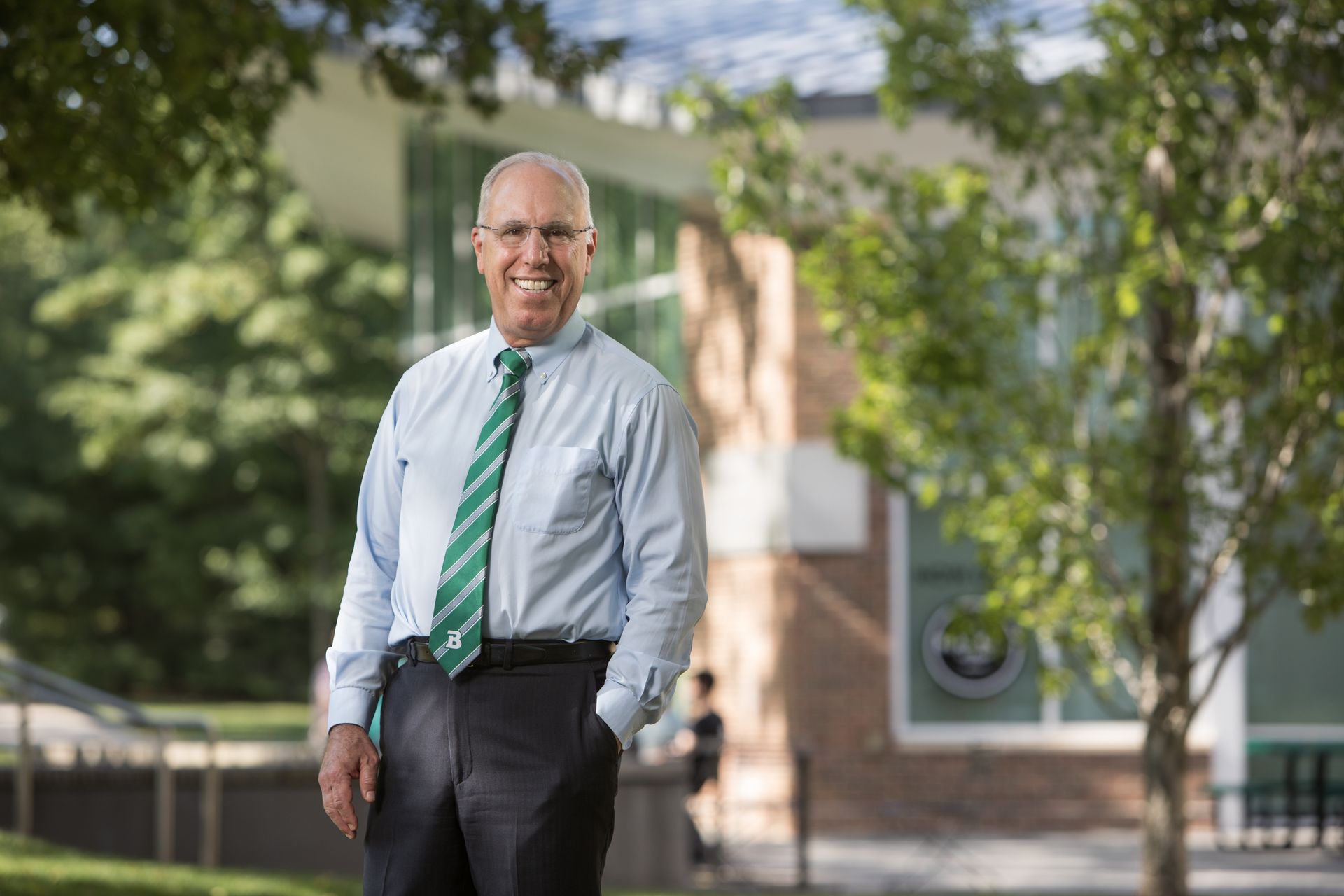
What is your Nantucket connection?
We came with our neighbor in the early ’90s from Longmeadow, Massachusetts. He said, “You should see this place, Nantucket,” so we went. My wife and I have never agreed on any vacation, ever. We came to Nantucket, and both fell in love with it.
An obvious qualification for teaching entrepreneurship is being an entrepreneur. Explain the most important entrepreneurial experience you’ve had.
The launch pad was Jiffy Lube. A Division III college coach of mine was an entrepreneur, and he liked a lot of the players. He said we should do something together, and we found a little mom-and-pop operation in Utah called Jiffy Lube. They were doing really well in the town of Ogden, and we thought that going to Boston, where there are actually a lot of cars, would work. Fourteen years later, we made it the largest in the country and I sold it. In the middle of all that, I asked the question, “Am I smart enough or educated enough to be successful?” Getting a startup is always hard work and there are ups and downs, so I decided I needed more knowledge. That’s when I found Babson College.
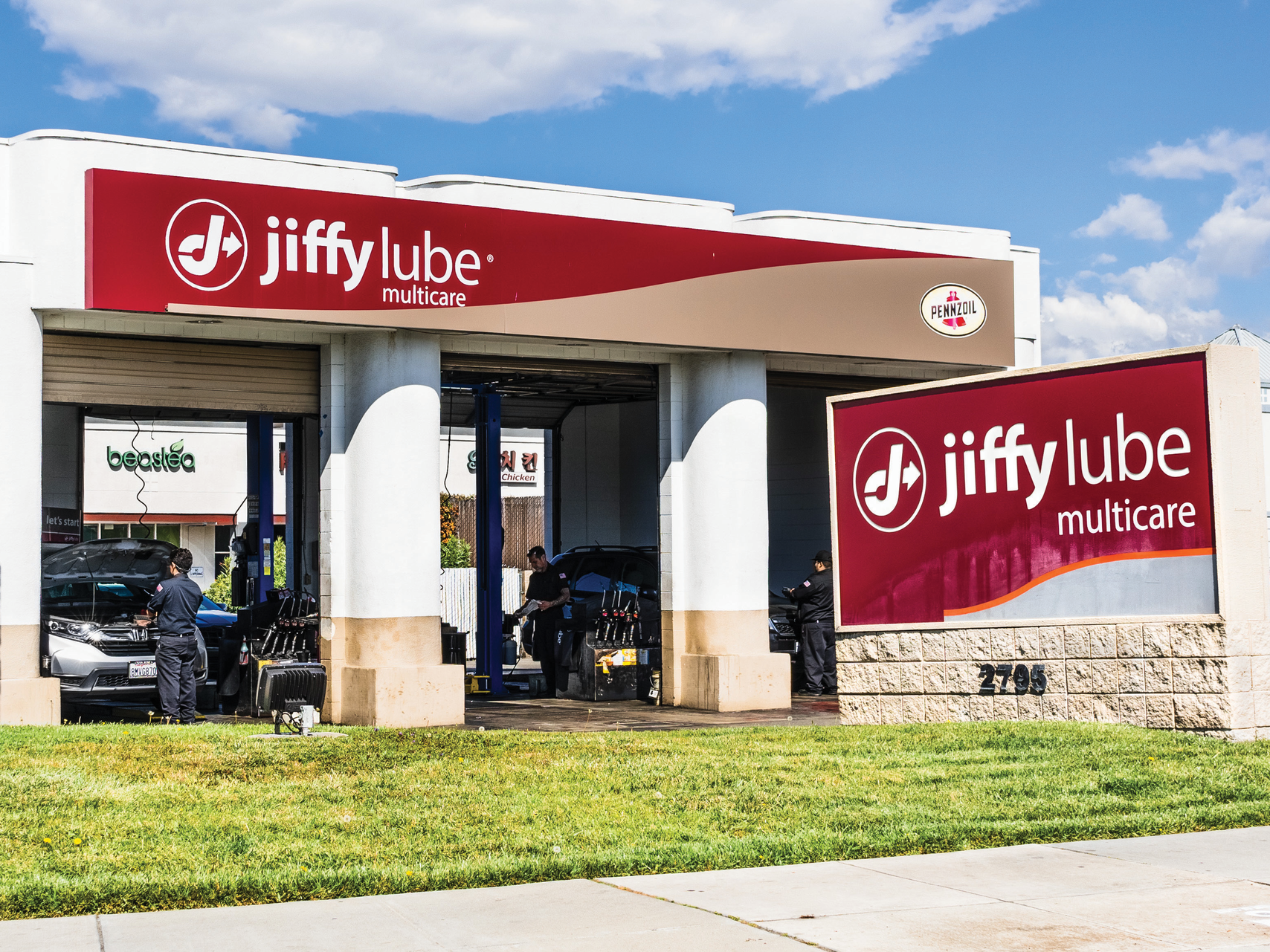
What was your takeaway from the Jiffy Lube experience?
With all these guys, it was a team, and the coach was the real leader. If he said run through a wall, you ran through a wall. That led to the integration of practice and action, now what we call at Babson, “thought and action.” Think deeply, act decisively. Sometimes people think that you have to go out and do it and that is the best way to learn, but if you combine all the tools of learning together, it is superior. So think deeply and act decisively.
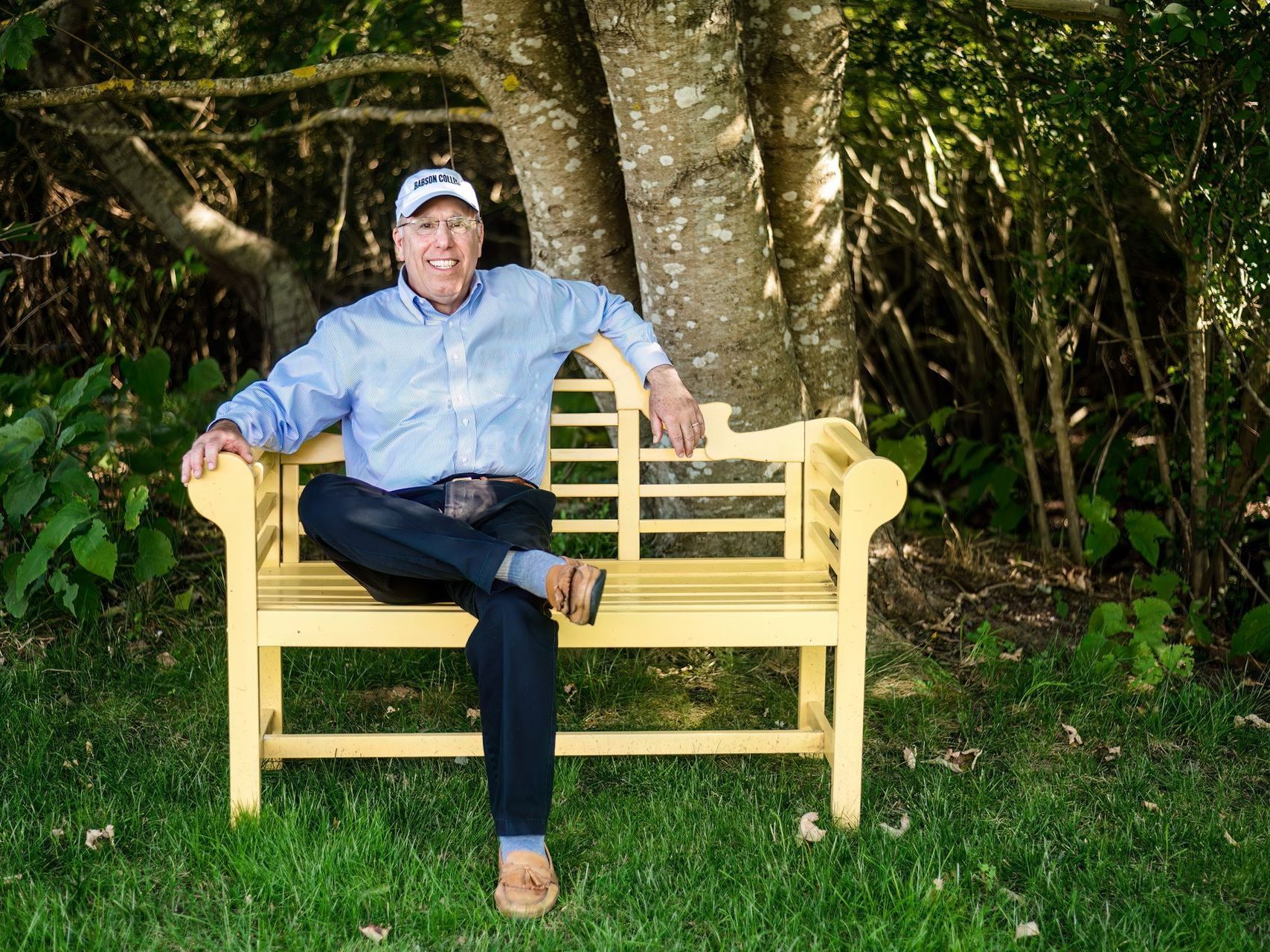
After you sold Jiffy Lube, what was your next act?
Well, it was interesting. I had money now. At least enough to pay all the bills, which was a unique experience. And it was fun. I’ve been rich, and I’ve been poor. Rich is better, just be honest about it. But the support of learning was so much fun for me. And one of the reasons it took me so long to get my MBA is I didn’t want to stop. Most people want to get their degree, but I just wanted to learn. My wife decided we should go to London, and I decided I should get a Ph.D., so we went to London where I studied economics at Imperial College.
Did you have the urge to start up another company?
I did and still do. The greatest success for me has been in entering companies as they’re thinking about scaling. Jiffy Lube had two stores when we bought it, and [we] sold it with 2,000. I joined the Planet Fitness board when they had 200 stores, and now they have 2,400. I’m invested in and am on the board of a company called FYZICAL Therapy & Balance Centers, which had very few stores and they now have 500. My sweet spot is finding opportunities and scaling them, which is what my Ph.D. was around. I’ve poured myself into that part of entrepreneurship.
Babson was just ranked in the top 10 of colleges nationally. Could you summarize the key points that helped transform the school to where it is today?
Babson believed entrepreneurship could be taught when the world believed it was embedded in DNA for a chosen few. When the world learned it could be taught, they focused on new venture creation. We built an understanding of the entrepreneurial mind, arming our students with capabilities in startups and in all rapidly changing environments.
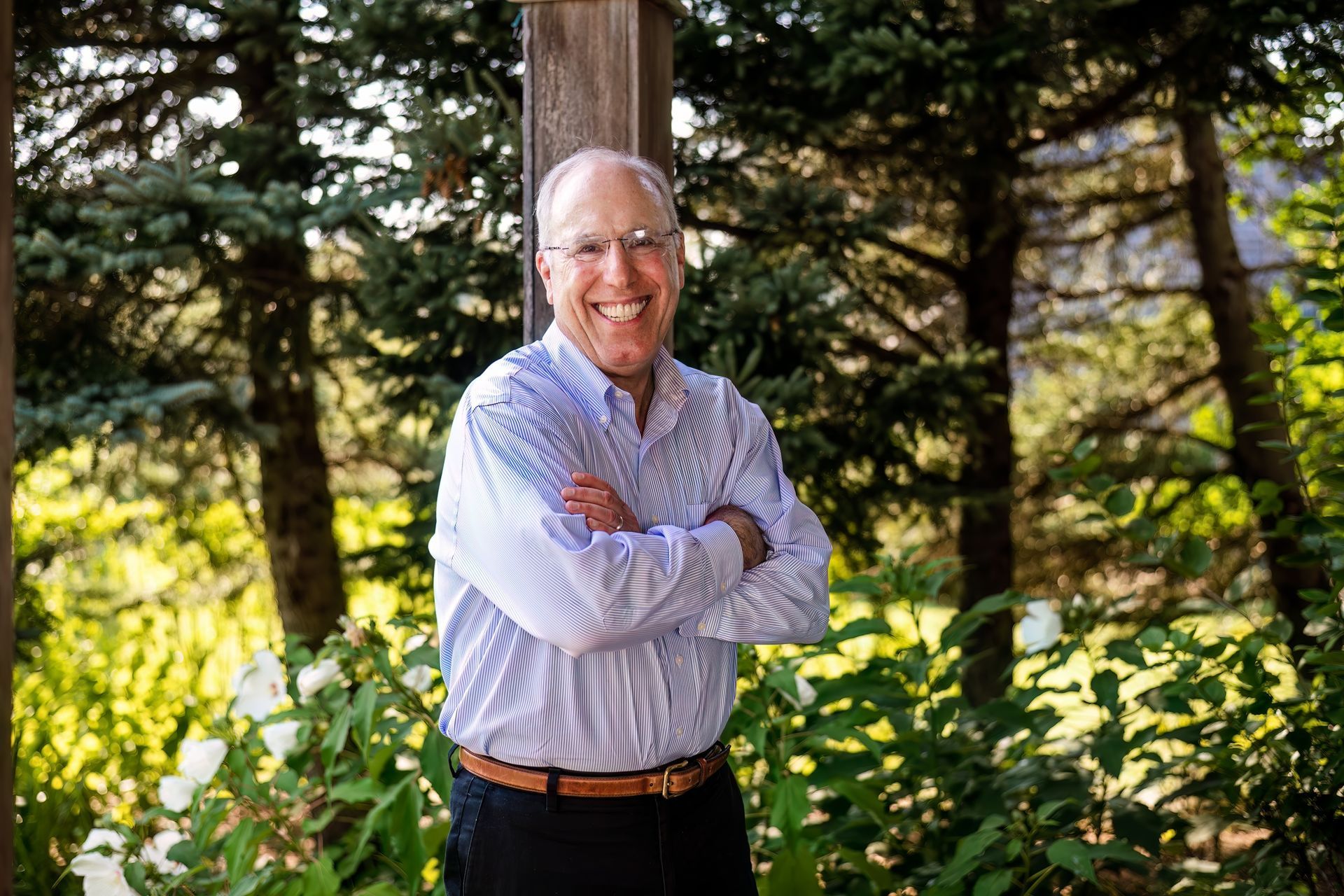
But can you really teach someone to become an entrepreneur, or do you just teach entrepreneurs to be more effective?
I think there are varying scales of capabilities. I can teach anyone to play tennis. Can I teach everyone to go to Wimbledon and win? No. I’m almost certain I can teach entrepreneurship to anyone. And one of the great things about entrepreneurship, maybe like tennis, is you can play at whatever level your capabilities can get you to if you know the rules of the game. If you don’t know that that’s a racket and that you have to serve, you’re not going to play, you’re not going to win, you can’t win at any level. But if I can teach you the rules and the style, and I can teach you how to practice entrepreneurship, you can get to the level that your skills and ambition can take you to.…Ask any entrepreneurs if they have learned anything in their experiences that made them better at what they do. I guarantee you they will say “Oh, tons.” If we can study that and we can figure out what that learning is about, I can transfer that knowledge to someone. That’s what great research does.
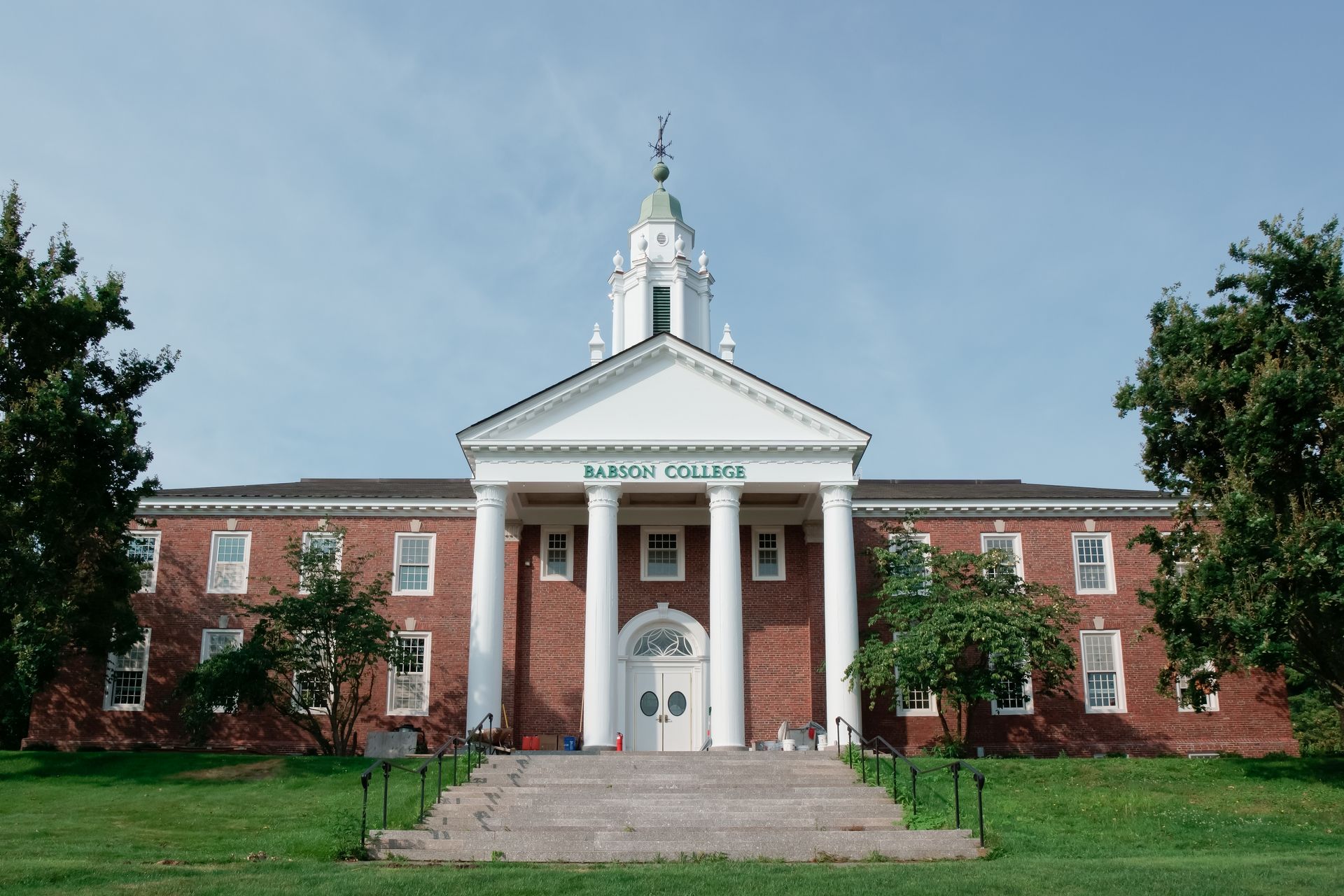
What is the difference between an average entrepreneur and someone who is a rock star? And can you see that right away?
I can’t see it right away. Because I think it gets tested over time and people evolve and change and grow—and sometimes evolve and change and deteriorate. So I think it goes both ways, and I think it’s a very dynamic process. But I think that there is a keen recognition of a problem and a desire to solve the problem. There is an acute understanding of how to have teams and opportunity and resources and balance—and they see that balance and we can teach that balance. And as they grow, they grow that balance. And the ones that are seeking to solve the bigger problems tend to have a broader span of a career.
If you were to distill five traits of successful entrepreneurs, what would they be?
There are many professors at Babson College who could do a better job answering this than me (great interview candidates!), but I’ll give you my view: self-efficacy, personal locus of control, belief in your capabilities and a relentless pursuit of finding capabilities you don’t possess, [being] perpetually motivated and resilience.
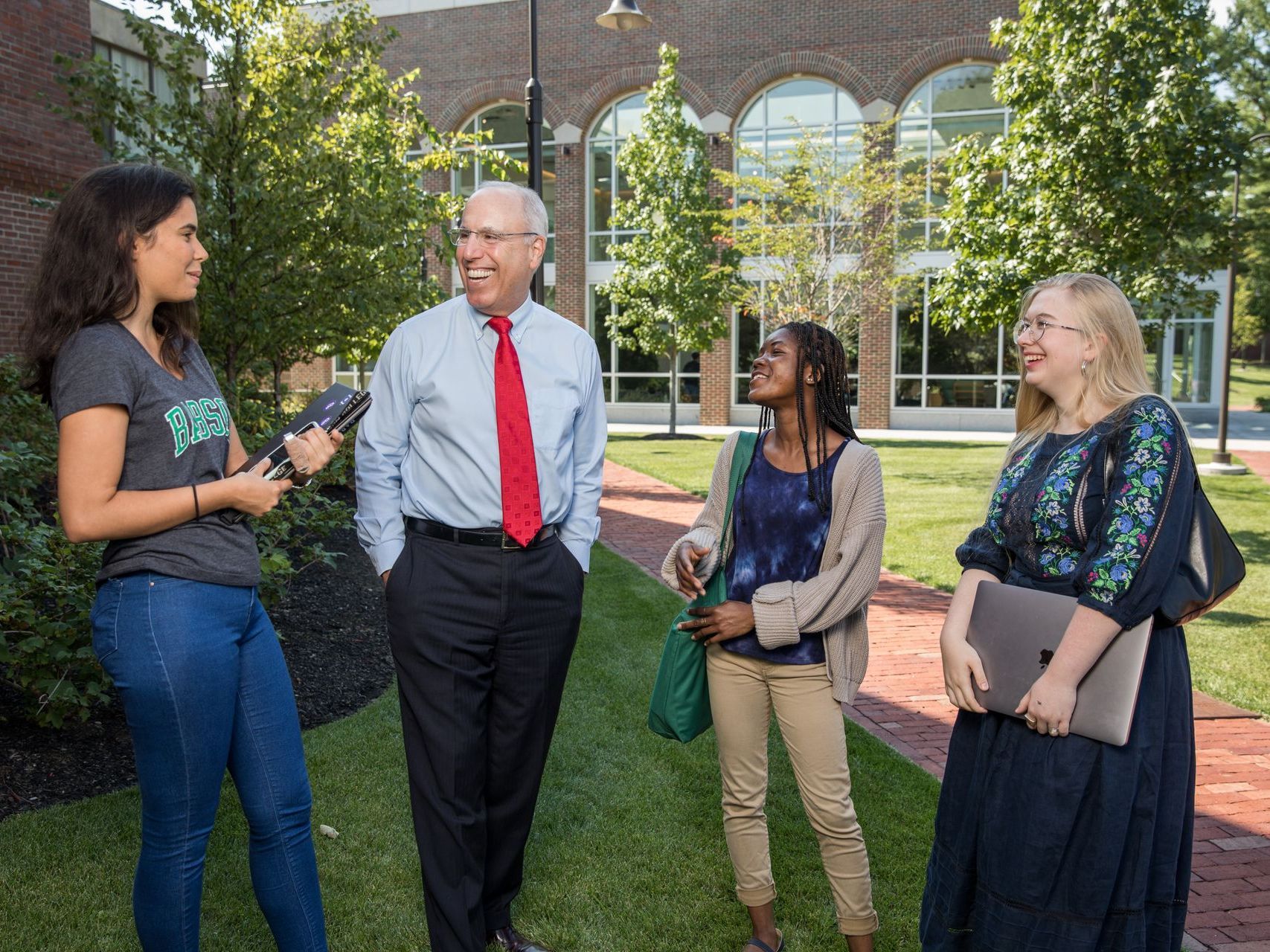
The work ethic among young people today appears to be different than our generation. Do you think the younger generation has a different sensibility toward work than the generation that preceded it?
Do they have a different sensibility? Yes, absolutely. Is it better or worse?
That I’m not sure. I think it might be better. We were driven a lot around
economics. I think the more complete definition of value and value creation
is more embedded in this generation. And they’re thinking in broader terms.
Now, there are times when you just work harder because that’s the way
I did it. Maybe that’s not the right way to do it. Maybe they’re thinking
about their family, or they’re thinking about their community, or thinking
about how can I measure the value I create in different ways? Dollars and
cents are pretty easy. What’s your net worth? How much do you have in
the bank? But the other value creation is evolving, and society will make
those decisions, but I think this generation is much more acutely aware of
the second half of the value equation. I’m not sure I saw some of the things
they see. They see it in a more three-dimensional way than I did. I was too
linear. And they see it much more broadly.
There’s a huge wealth disparity in this country. And in certain young people, there is an assumption that a wealthy person is a bad person. What’s your take on the notion of vilifying success?
It’s a shame. I think the human condition aspires. If you think the world is a perfect place, we can stop aspiring. I think there’s a lot of things we could still do better. So I grow a bit worried about that. Somebody smarter than me said that anger is the enemy of understanding. I worry about that because without understanding, then we just fight. The role of higher education is to bring respectful debate—heated, passionate, respectful debate—to society and to make that an embedded part of what a real education is about. A place like Babson, people don’t understand that 40 percent of the curriculum is liberal arts. We believe that you have a larger role in society.
